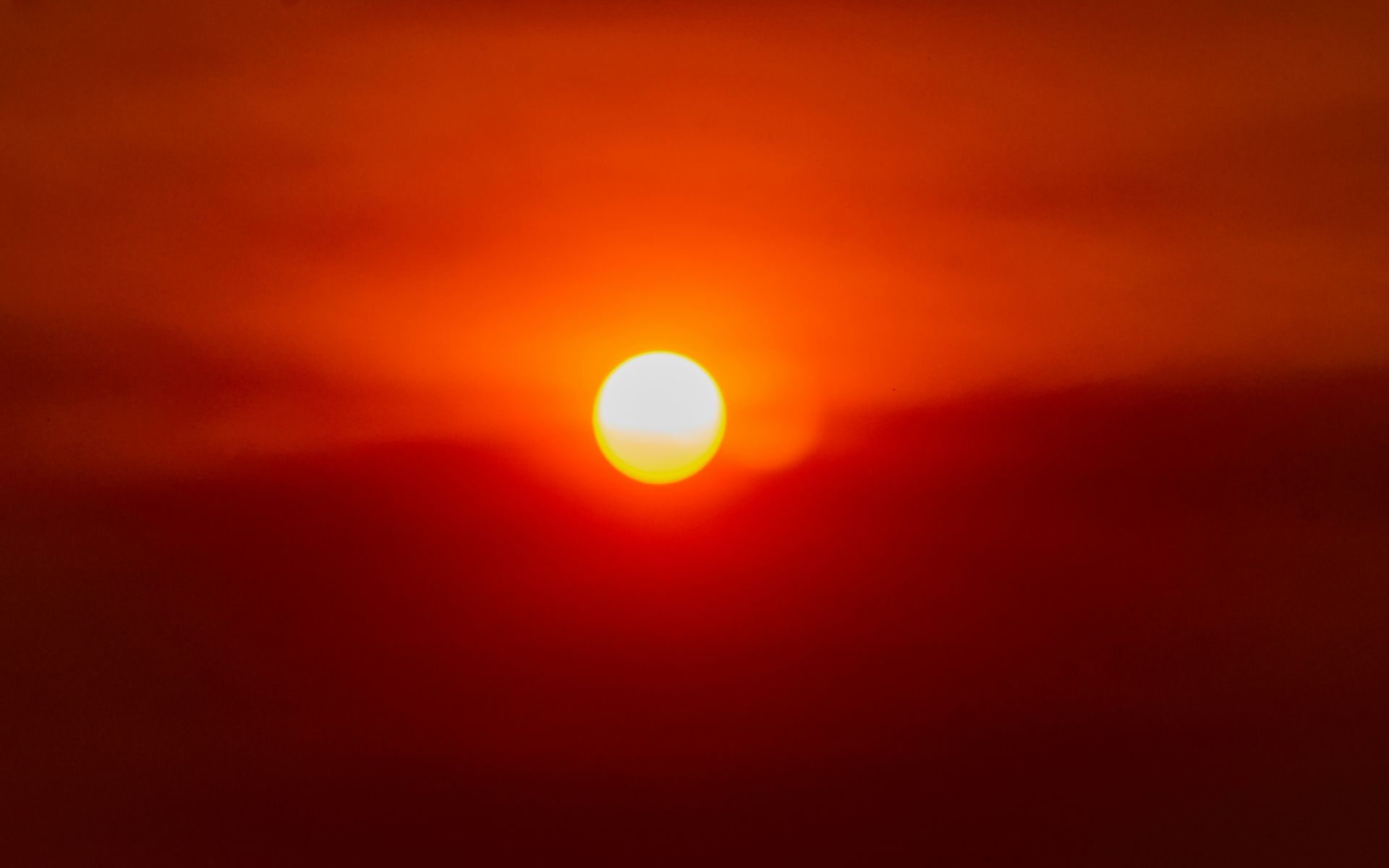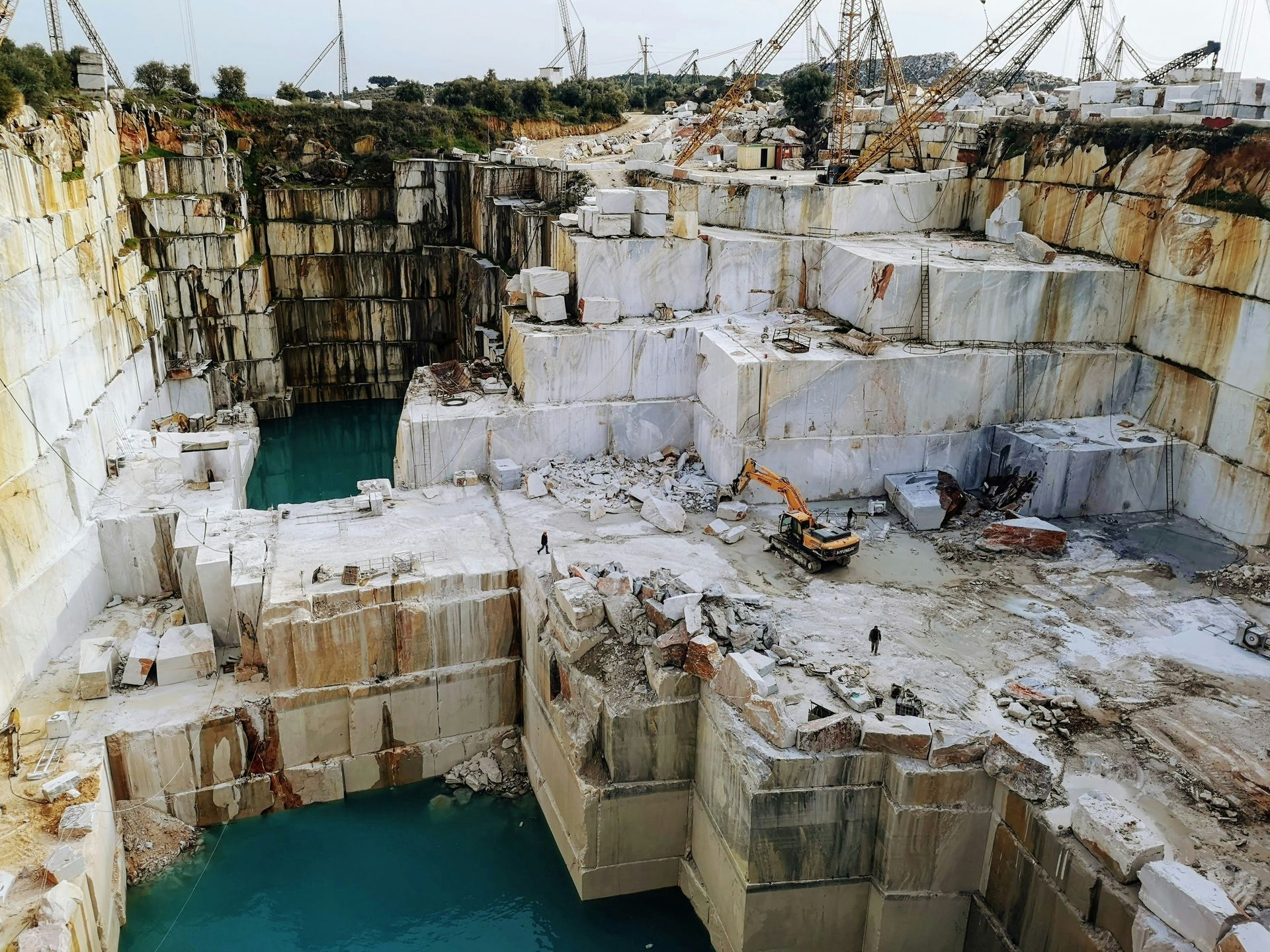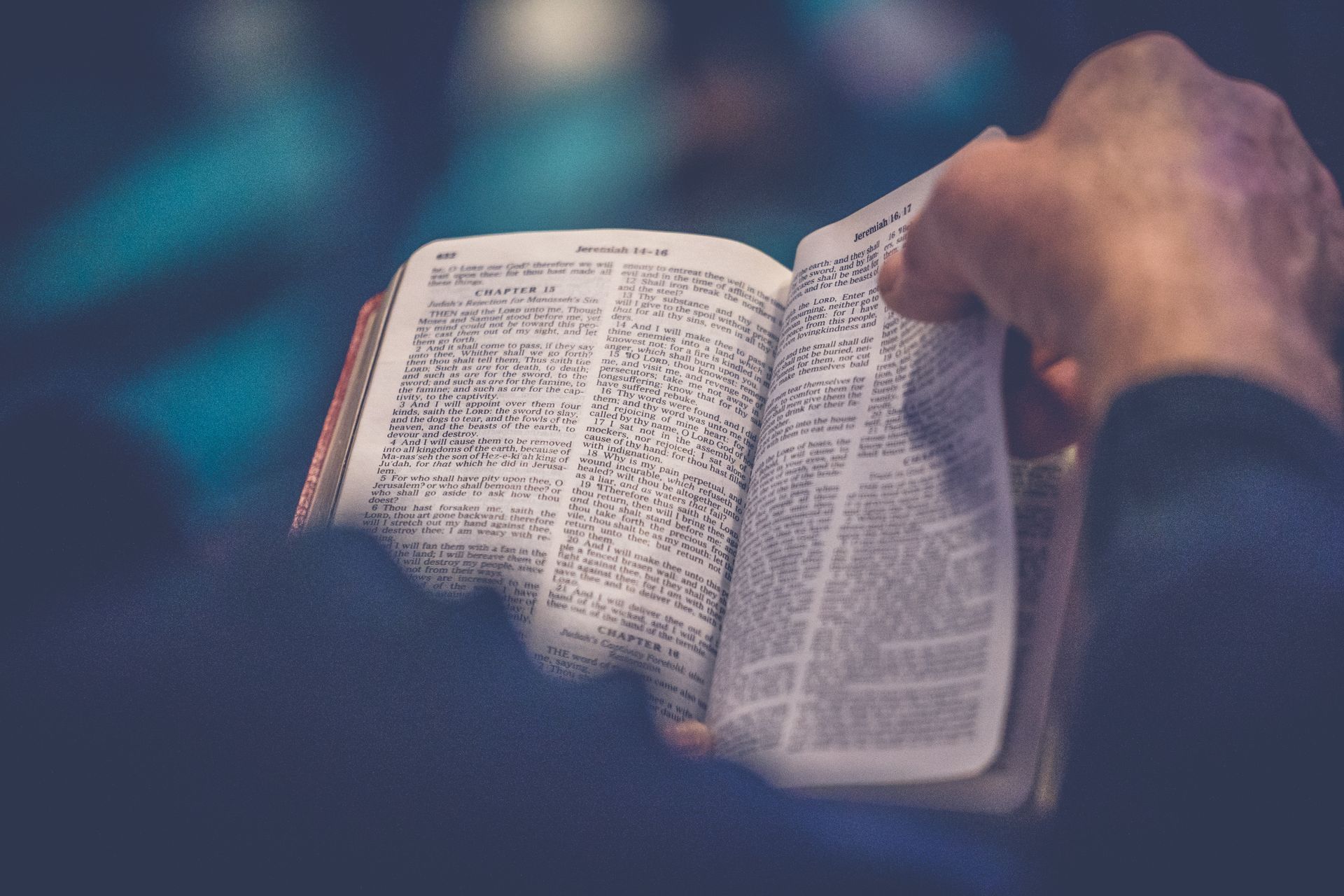Tuesday - November 26, 2024
SCRIPTURE
Luke 21:37-38:
Every day he was teaching in the temple, and at night he would go out and spend the night on the Mount of Olives, as it was called. And all the people would get up early in the morning to listen to him in the temple.
Genesis 8:11:
and the dove came back to him in the evening, and there in its beak was a freshly plucked olive leaf; so Noah knew that the waters had subsided from the earth.
WORDS OF HOPE
I often find it fascinating how things of great importance in the past often become taken for granted as time goes by, even though those things still carry importance. One such thing is the topic of the scripture passages above. While most of us do not live in a place where olive trees grow; we nonetheless owe a great deal to this ancient tree. And we take for granted the places where they grow, and the people who grow them, and the fruits they produce
Today is International Olive tree Day. Unesco has set this aside to recognize this most important piece of flora. Audrey Azoulay, Director General of Unesco says: "The olive tree is a universal tree, which has accompanied humanity for thousands of years, embodying its aspirations; because with its legendary longevity and ability to rise from its ashes, it reaches beyond the short-sightedness of the moment: planting an olive tree and eating its fruit is to join the chain of humanity"
The olive tree plays a significant role in various places in the Bible. The first mention is in Genesis where the dove set loose by Noah returns with an olive branch thereby letting Noah know that the waters have receded. In Exodus there is a command to allow every field, vineyard, and olive orchard to lay fallow once every seven years. And during that year the poor and the wild animals must be allowed to freely feed themselves on those lands. The oil for the light in the temple is to be of the pure olive oil according to Deuteronomy. And the olive and the olive tree are mentioned throughout the rest of the Jewish Scriptures.
The Olive tree also shows up in the Gospels and the epistles. The Mount of Olives, an important place in Jerusalem, was a place of refuge for Jesus on several occasions. And it is often a place where Jesus speaks to the twelve when teaching. Jesus spent so much time there that on one occasion, Luke says that it was his custom to spend time there. In the book of Romans, Paul uses grafting wild olive branches onto cultivated olive trees, as a metaphor for gentiles being grafted into the teachings of Jesus.
The olive tree is mentioned in the Quran as being blessed. The ancient Greeks believed that the olive tree was created by the goddess Athena in a contest with Poseidon. Her olive tree won the contest because Poseidon’s ocean was too salty to drink. But the olive tree provided food and oil and wood for the fire. The olive tree has been a symbol of Iran from the time of the Zoroastrians.
The olive tree is of great importance throughout the Mediterranean region not just in the places we often call the Holy Lands. Several years ago, Kris and I got to see an olive orchard in Assisi where Saint Francis lived. Olive trees can live to be 1000 years old. One tree in Crete is thought to be 3000 years old. Fossil evidence indicates that they may have been around 20-40 million years ago.
Growing olives, preparing olives, pressing olive oil, are a source of livelihood for many people. Indeed, with its Mediterranean climate olives are grown in California. The fruit of the olive tree, the olive itself, is interesting. In its natural state, it is virtually inedible. They are bitter. And although the oil is taken when they are still fresh off the tree, in order for the olive itself to be eaten, it must be brined.
We often fail to consider this ancient food source which can be bought in jars and cans, and even in some markets from barrels where they have been brined. We can get various grades of olive oil. We toss olives on pizza, sandwiches; and mound them up on our hors d’oeuvre tray. But being far removed from the places where olives grow and are processed, we don’t stop to think about how important this small fruit is to so many people and has been to so many cultures throughout the world.
How many things, how many gifts does this world present us with that we do not stop to appreciate? How many times do we fail appreciate those who make these gifts available to us, from the farmers, to the processors, to those who deliver them, and those who make them available to us in stores?
So, take time today to appreciate those things which you might normally overlook or take for granted. Think about all the hands that have touched them. Think about the good Earth that produced them. Think about the creation in which they thrive. Think about the Creator who brought it all into being.
PRAYER
Loving Creator, we thank you today for your creation of which we are part. We thank you for the gifts, great and small, which allow us to live and thrive. Make us mindful to be great stewards of those gifts.
DEVOTION AUTHOR
Weber Baker
Order of Saint Francis and Saint Clare
Need Some Inspiration? Read our Daily Devotions






